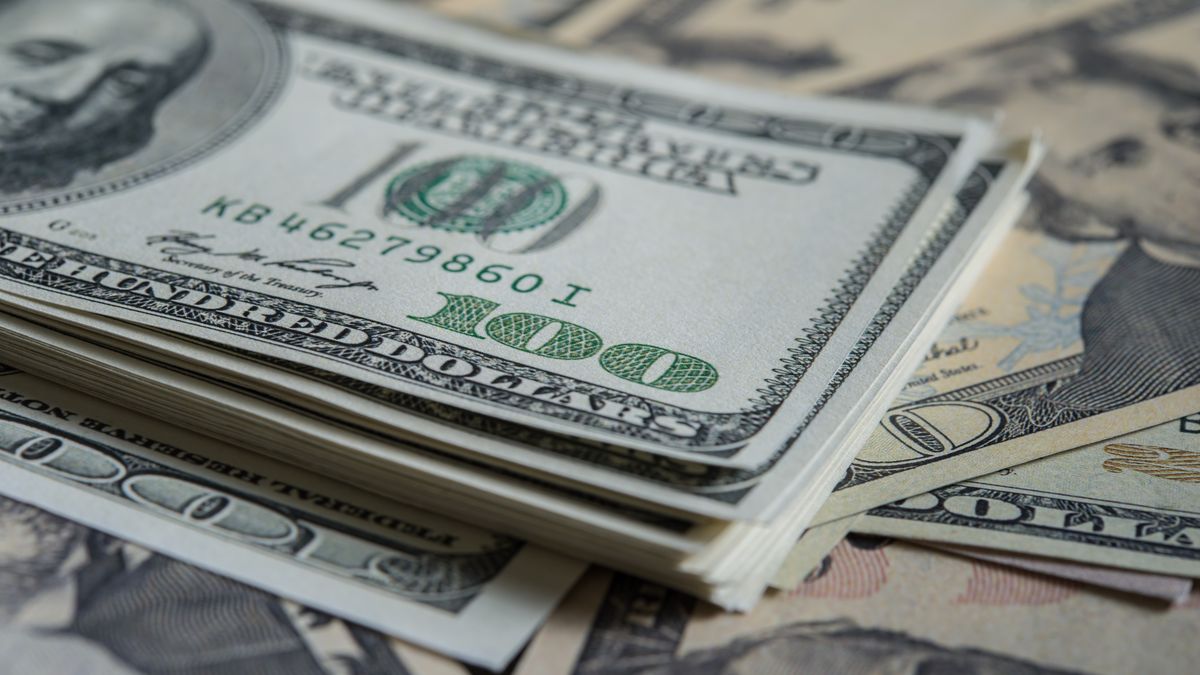The US currency’s gains have been more impressive against its Japanese pair, hitting its highest level since May 2002 at 128.46 yen. In its last quote it gained 1.3%, at 128.20 yen.
The dollar is up 5.4% against the yen so far this month, marking its second-biggest monthly percentage gain since 2016, after rising 5.8% last month.
“Monetary policy divergence between the Fed and underperforming central banks (European Central Bank, Bank of Japan) continues to favor dollar strength,” said Francesco Pesole, currency strategist at ING.
The fall of the yen increases inflationary pressure on the world’s third largest economy, highly dependent on imported raw materials and energy. The continuous devaluation experienced by the Japanese currency has accelerated so far this week to place the price of the greenback in the low range of 128 yen today in the Tokyo market, a level not seen since May 2002.
The yen accumulates a fall of 7.6% against the dollar only in the last month, and close to 12% since the beginning of the year.
This downward trend in the yen is attributed to the extensive monetary easing strategy that the Bank of Japan (BoJ) has been implementing since 2013, and which increasingly contrasts with the interest rate hike policies announced by the US Federal Reserve ( Fed) and similar measures being prepared by the European Central Bank (ECB).
The Japanese government expressed its concern over this trend today, through Finance Minister Shunichi Suzuki, who reaffirmed the importance of “stability” in the foreign exchange market.
Suzuki said that the Japanese authorities “are in close communication with those of the United States” to “respond appropriately” to the collapse of the Japanese currency, in statements to the media before traveling to Washington today to participate in the meeting of holders of the branch of the G20 that takes place on Wednesday.
In a previous intervention in the Japanese Parliament, the minister pointed out that the depreciation of the yen “is accelerating”, and although he admitted that this has “a positive aspect” for the Japanese economy, it can also lead to “a strong negative impact” for the companies forced to bear the growing costs of imported products and raw materials.
The governor of the BoJ, Haruhiko Kuroda, affirmed along the same lines that the rapid fall of the yen is considered beneficial in general for the national economy, although at the same time “it raises uncertainty for Japanese companies and hinders their business plans” .
The weakness of the yen in recent years has favored the large Japanese exporters, fattening their profits by repatriating them and making them more competitive abroad.
But a devaluation as fast as the current one is considered detrimental, especially in the context of global inflation, because it slashes the profit margins of Japanese companies, traditionally reluctant to raise consumer prices.
Source: Ambito
David William is a talented author who has made a name for himself in the world of writing. He is a professional author who writes on a wide range of topics, from general interest to opinion news. David is currently working as a writer at 24 hours worlds where he brings his unique perspective and in-depth research to his articles, making them both informative and engaging.




